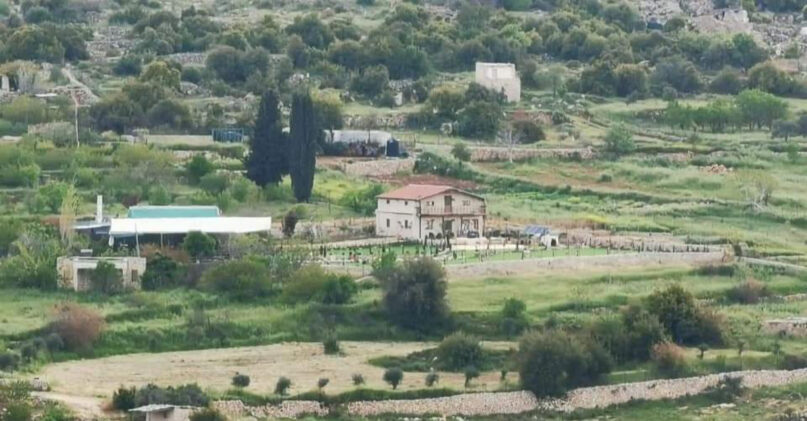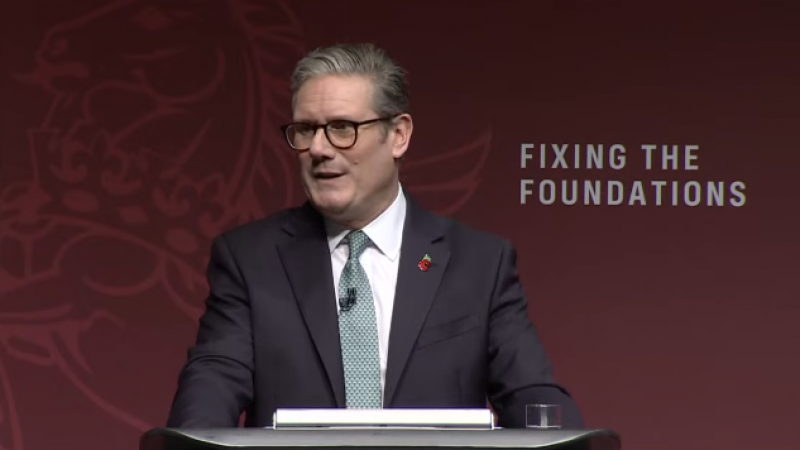Incinerators produce the same greenhouse gas emissions per unit of energy as coal power

A protest against a planned incinerator in Edmonton, north London
By Camilla Royle
Friday 22 November 2024
Three waste incinerator projects are expected to go bust in the next few days. Investors have poured £480 million into these projects over the past eight years. One of Britain’s biggest pension funds, Aviva Investors, will now lose over £350 million of the money it has invested.
Incinerating waste is one of the most polluting ways of producing power. The number of incinerators in Britain started to expand 15 years ago—and there are now around 60 energy-from-waste plants.
They were painted as a win-win solution, producing electricity for households while disposing of their rubbish.
Yet these plants only account for 3.1 percent of Britain’s energy production. And, according to research from the BBC, they produce the same greenhouse gas emissions per unit of energy as coal power.
The government is shutting down coal fired power plants, but new incinerators are still being built.
Incinerators are often in urban areas and more likely to be built in poorer rather than richer neighbourhoods.
Residents in Edmonton, north London, have been campaigning for years against a planned new incinerator which was meant to open next year.
Edmonton is a working class area that already has air pollution levels that exceed European Union limits. People are concerned about the pollution, noise and smell from incinerators burning plastics and other household waste. And they don’t want more traffic due to trucks bringing waste to the plant.
Now the project is delayed due to high costs and labour shortages.
Waste bosses plan an incinerator in Portland. Dorset council rejected the proposals last year, but the Labour government overturned the planning decision.

Climate protesters rage against Israel’s occupation of Palestine
Read More
Annika from Weymouth is part of the campaign against the planned Portland waste incinerator in Dorset. “People have defied this for so long. Everybody thought it was not going to go ahead so we had to revive the campaign,” she told Socialist Worker.
“We want to make sure people haven’t given up. Other incinerators have gone bust. They are not making enough money so it doesn’t make sense to have this one. Dorset has got a really good record of recycling so it’s not even our waste they would be incinerating.
“Any population that lives near an incinerator faces health issues and some people are motivated to oppose it because of the effect on the local community. They do target the communities that are the most neglected.
“But it’s also the environmental impact. It’s the fact that it is bad generally with carbon dioxide emissions, it’s not just a local issue.
“We had a humongous protest last Saturday with up to 1000 people. Weymouth was full of people making a lot of noise.”
The three projects that Aviva is set to lose money on are based in Hull in Yorkshire, Boston, Lincolnshire and Barry in South Wales. The Hull and Boston incinerators have not produced enough energy to meet their targets. Vale of Glamorgan Council rejected planning permission for the Welsh project.
The solution is not just a massive expansion of waste recycling. We also need a complete overhaul of how we package and transport goods to cut down on the amount of plastic produced.














